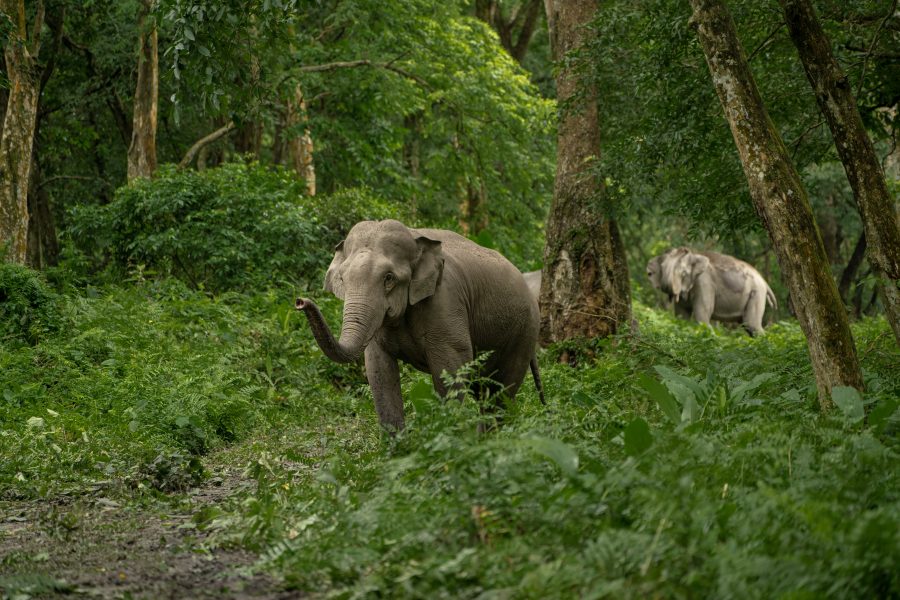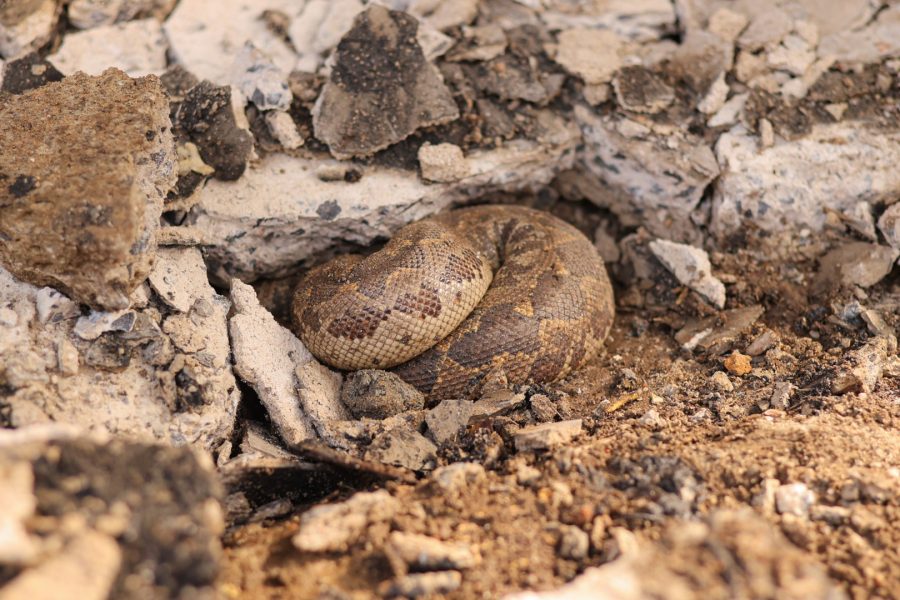Working with elephants is a dream that many people have. But what is it really like to work with an animal that can weigh more than five tons or 5,000 kg? We bring you our 4th interview in a series that we are doing on the people who make the work of Wildlife SOS possible. This one is with Dr. Yaduraj, who is the Senior Wildlife Veterinary Officer, for Wildlife SOS. He is well known for his magic touch, patience and compassion that he employs when working with rescued animals. His current focus is with the ongoing rehabilitation efforts with our 6 elephants: Bijili, Bhola, Chanchal, Bhola, Lakshmi, Maya and Rajesh. It is also important to note that he is just as passionate about working with other wildlife like reptiles and bears as he is with elephants.
1.) Tell us how you got interested in working with elephants?
I have adored elephants since I saw my first one as a kid. Since then I have been attracted to their majestic looks and intelligence. Therefore, I jumped at the opportunity to provide veterinary care to these magnificent creatures. I have become even more passionate about helping these animals as I learn more about the problems captive elephants face.
2.) Do you have an elephant that is special to you; tell us about him/her?
It is difficult to choose one because they are all dear to me. They all have their unique personalities and quirks that I simply adore! However, if I must choose one, it would be Chanchal. She is our most recent rescue. She is the youngest, bubbliest and naughtiest of the group! She loves to run around, roll in the mud and trumpet aloud during her morning walks. She has created a special bond with our rescued elephant Bijli and especially enjoys playing with her in the pond. She is an expert at pulling the food silently from under the trunks of her friends Bijli and Maya. I am completely amused by her mischief. I haven’t figured out if the others don’ t know she is doing this or if senior females are just tolerating her childish tricks.
3.) What is the most challenging thing about working with elephants?
With elephants, the most challenging thing is their sheer size and unique anatomy. Taking care of their feet is quite an intense and delicate affair. This is challenging because of the combination of their weight and foot damage they had prior to coming to us. Also, the elephants we have all suffered through decades of physical and mental abuse before they came to us. Restoring their body and mind to being a healthy elephant is quite a challenge. It’s satisfying to see our dedication and hard work pay off.
I might add, I get the same personal satisfaction as when I watch a rescued bear with a shimmering coat climb up a tree or when I see a bear eating a snack of ants. I get this satisfaction because it is good to see them enjoy the simple pleasures that they were denied to them prior to coming to us.
4.) What is something you would like people to know about the elephants in your care?
I would like people to know that the elephants in our care were rescued from the streets and circuses and came to us in very bad shape. They suffered for years in forced captivity, harsh labour and unthinkable cruelty. This was done for our entertainment. They were never given the free ‘elephant life’ that they deserved. Despite this, they have chosen to forgive us, to allow us to take care of them and to make peace.
Just like the bears I cared for, I never cease to marvel at the generosity of these animals. I want people to look at these elephants and understand the cruelty and unfairness involved in the use of captive elephants. At the same time, I want people to know that it doesn’t have to be this way and we can do something about it.
I would like people to understand that if we don’t encourage the begging elephant, the elephant rides, the circuses, elephants at wedding and functions, then we will bring an end to elephants suffering in captivity. Just as we succeeded with eradicating the dancing bears of India, we can have the same impact for elephant in the next decade.
Part 2 of this interview to be posted next week





